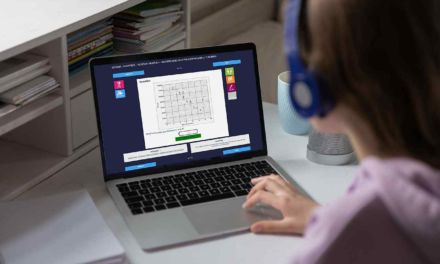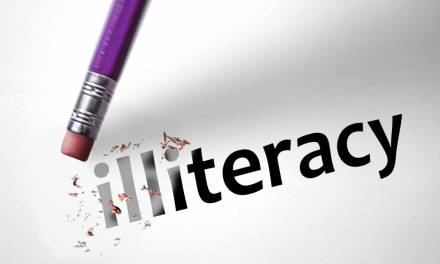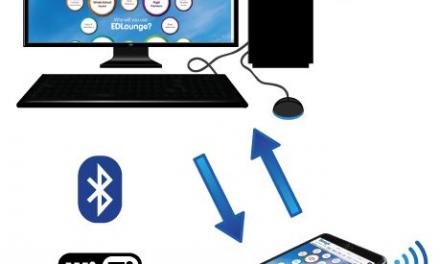Exam season is difficult for everyone, and many students will find themselves feeling stressed as well as overwhelmed.
It can be hard to prepare them for the upcoming tests, but you can at least try to make it easier on them. Here are five simple strategies that you can use to help prepare students for exams.
1. Class Revision
As exam season gets closer, taking the time to do revision with your whole class can be very beneficial for everyone. A month or so before exams start, take one lesson a week and dedicate at least half of it to going over the main points of what they have learned in your lessons.
This helps refresh their memories and keep the things they learned months ago fresh in their minds for the exam. Plus, learning as a group can help students who are struggling but don’t want to approach a teacher to receive help from their classmates.
Get your students to identify the areas of knowledge that they find the most difficult to understand as this can then form the basis of a larger part of their own revision timetable.
2. One-to-one Sessions
Taking time out to help individual students is time consuming but can be the only way to help a student through a particularly difficult topic. After all, there are some that will struggle more than others, especially if you are in a school or college that has a large number of pupils in each class.
Preventing the quiet and more insular students from falling behind often requires you to reach out and offer help when you see them struggling. Offering a session at lunch time or after school can really help them to catch up, and can also teach them the best ways to revise for their exams.
3. Revision Tips
During class, help to prepare your students by giving them revision tips that will benefit their private study and assist them in passing their exams.
Revision tips can include things like finding their ideal learning style (writing lists, reading, listening to recordings of the class, copying out class notes, etc.) and utilising it when they are preparing for their exams.
Advice to students can include:
- Create a revision timetable working backwards from the exam date. Split the timetable into subjects and topics and assign more time to the more difficult areas.
- Take regular breaks but avoid distractions. Take a 10-15 min break every hour but make sure that social media, TV, food, phone and other displacement activities are kept to a minimum.
- Vary your studying. Don’t just sit and read notes and textbooks – practice exam questions, watch relevant videos, listen to relevant podcasts, discuss the subject with other students.
- Try not to get too stressed and anxious. Use mindfulness techniques to cope with stress.
4. Flash Cards
This is probably the most popular and commonly used for of revision among students. Flash cards are a great way for most people to learn, and they can be used for a range of different learning types.
Generally, a question is written on one side of the flash card, and the answer can be found on the opposite side. However, for those that are visual learners, the question could be replaced with a visual prompt that is associated with the question.
For kinesthetic learners, you could try associating movements with the questions, helping them to relate the question and answer to specific actions. That way, they can recall them during the exam – much like the visual learners.
5. Mock exams
Setting mock exams for your students allows them to experience exam conditions before the real thing. This helps them to prepare their minds, but also to learn how to try and remain calm while they are being tested.
Create an exam setting with invigilators and a structure similar to the real exam. Enforce the same strict rules as you would in real exam conditions so that you are testing stress and knowledge.
Also, once you have marked it and given them their results, students will also be able to see which areas they are doing well in, and which ones need a little more work.
If you want to see how our exam platform, EDExams, can help you prepare students for exams, get in touch and we’ll set you up with a free demonstration.









